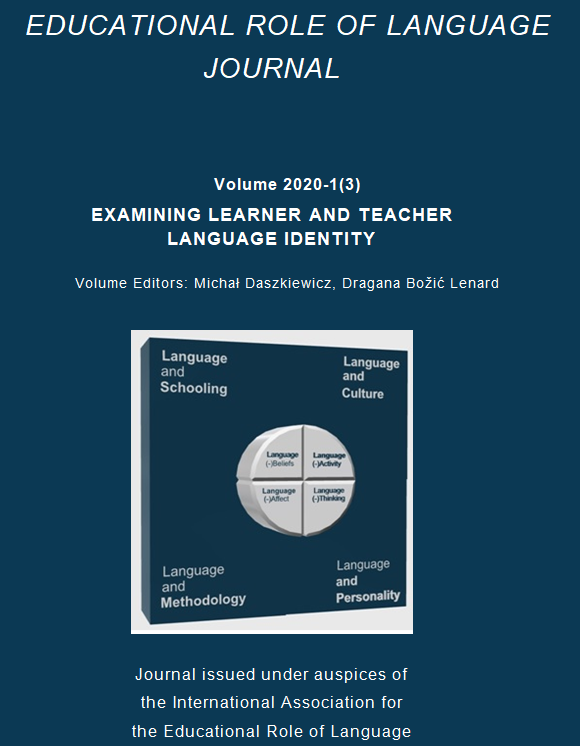Stéphanie Demont, Fabienne Vailes 
University of Bristol, United Kingdom; https://orcid.org/0000-0001-6543-0608, https://orcid.org/0000-0001-6104-470X
DOI: https://doi.org/10.36534/erlj.2020.01.03
Bibliographic citation: (ISSN 2657-9774) Educational Role of Language Journal. Volume 2020-1(3). Examining Learner and Teacher Language Identity, pp. 31-42
Abstract
Research carried out by one of the authors shows that when students flourish their positive wellbeing will support their learning, allowing them to engage with the different tasks set and to develop their sense of self-efficacy (Thompson & Vailes 2019, Vailes 2017). This article aims, first, at introducing the concepts of self-efficacy and wellbeing essentials, their relevance, and the urgent need to fully incorporate them as part of the language curriculum. Secondly, we share our experience of creating a new first year French Language curriculum in the School of Modern Languages at the University of Bristol, and, finally, reflect on the findings of the research conducted throughout the 2019-2020 academic year. The curriculum can either support or impair one’s wellbeing depending on whether it does or does not cultivate students’ autonomous motivation and enables students to encounter regular competence, autonomy, relationships and belonging. (Larcombe et al. 2017). Our overall conclusion is that this new approach to the French language curriculum empowers students to develop further confidence in their skills and their ability to learn effectively, thus demonstrating great ‘learning gains’.
Keywords: self-efficacy, wellbeing essentials, embedding wellbeing in the language curriculum, awareness and attitudes, learning gains
Go to full Volume 2020-1(3)
Go to Educational Role of Language Journal – main page
Go to International Association for the Educational Role of Language – main page